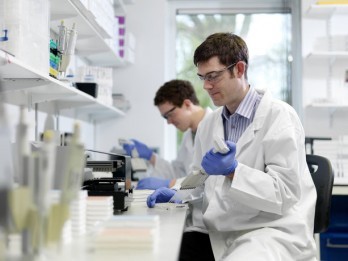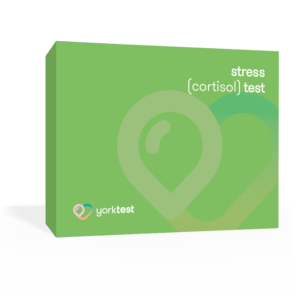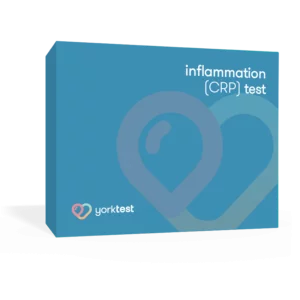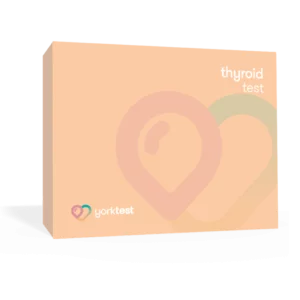As Europe’s leading provider of food intolerance testing, offering over 30 years of experience, yorktests’ fully audited and accredited laboratory places us at the forefront of food-specific IgG antibody testing. We’ve made a name for ourselves providing food intolerance tests, but did you know we also offer a homocysteine test to help our customers identify whether they are at higher risk of heart disease and other conditions.
Dr Gill Hart, Scientific Director and Biochemist at yorktest Laboratories explains our Homocysteine Test.
Homocysteine, where would I find it?
Homocysteine, like cholesterol, can be measured in blood.
Cholesterol I’ve heard of, but Homocysteine?
Cholesterol is a risk-factor for heart disease. Homocysteine has been implicated as a risk factor in a number of different conditions and these include heart disease, stroke, dementia, Alzheimer’s, and also infertility.
So, if my Homocysteine levels are high, I’m at risk?
High homocysteine levels do highlight an increased risk. Homocysteine can be raised in blood for a number of different reasons. People have high levels of Homocysteine because of their genetics – about 10-15% of the population have raised levels of Homocysteine in their blood and they don’t even realise it.
Other factors that can cause high levels of homocysteine are lifestyle factors. Lifestyle factors such as smoking, drinking alcohol, drinking a lot of coffee, being overweight, a number of medical conditions, along with a number of medications people take routinely.
Often people don’t know that they have raised homocysteine levels, they might not have symptoms, but all of these lifestyle factors can increase the risk of a high homocysteine and can therefore increase the risk of developing diseases later in life.
The good news is that a high homocysteine level can be reduced effectively by making dietary changes and taking supplementation (B Vitamins and foliate). These changes can be effective in lowering the homocysteine levels and reducing your risk of developing a number of conditions.












